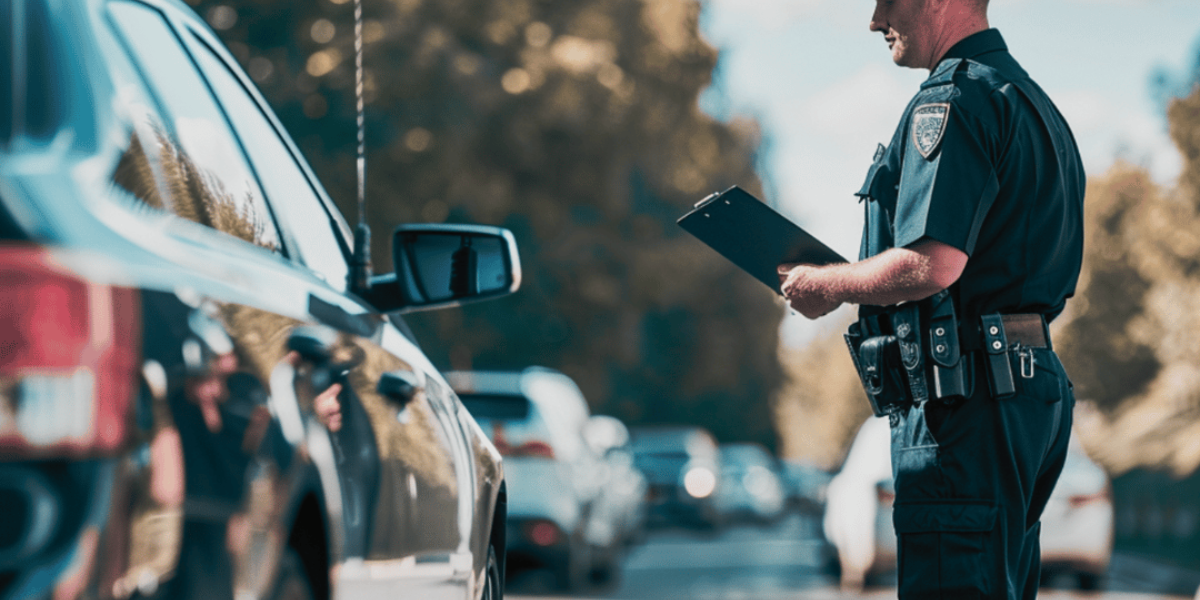When conducting a traffic stop in Ohio, law enforcement officers are not permitted to search your phone without either your permission or a warrant in almost all instances. Strong privacy protections for your digital devices are provided by rulings made by state and federal courts, as well as by Ohio’s own statute specifically addressing distracted driving behaviors.
Warrant Requirement and Protections for Personal Information
With the exception of situations in which there are immediate concerns for officer safety or impending destruction of evidence, the Ohio Supreme Court has made it very plain that law enforcement officials are required to acquire a warrant in order to search the contents of a cell phone, even if the individual in question has been detained.
This indicates that law enforcement agents do not have the authority to search your phone during a regular traffic check, such as when they are pulled over for speeding or a minor violation, unless they have your express, voluntary cooperation or a warrant obtained by a judge.
The precedent for this criterion was established in the seminal case of State v. Smith, which acknowledged that mobile phones are not comparable to wallets or purses in terms of the quantity of personal information they contain. Additionally, the court came to the conclusion that the protection afforded by the Fourth Amendment against unreasonable searches and seizures encompasses the digital contents of your phone in its entirety.
Ohio’s Distracted Driving Law: Extra Protections
The distracted driving statute in Ohio, which prohibits the use of phones and texting while driving, goes even further to protect your rights. In the event that you are pulled over for suspected texting while driving, the law mandates that law enforcement agents must advise you that you have the right to deny consent to a search of your phone. Officers are not allowed to use intimidation, coercion, or undue pressure in order to get you to consent to a search. And while they are waiting for a warrant, they are not allowed to grab your phone or search it unless you express your agreement in a clear and voluntary manner.
In the event that you do offer consent, it must be unambiguous and done so voluntarily. By providing the officer with a generic consent, such as simply stating “yes,” they are granted extensive access to your device. If you want to restrict the search, you will need to specify the limits that you want to apply (for instance, “You are only allowed to view my call log”).
Probable Cause and Exceptions
There are just a handful of exceptions to the need that a warrant be shown. If the police have reasonable cause to think that your phone contains evidence of a crime and there is a risk that the evidence may be destroyed before a warrant can be acquired, they may confiscate your phone (but not examine it) until a warrant is produced. However, they will not search your phone.
Without a warrant, a search can only take place in extreme circumstances, such as when there is an immediate threat to the safety of officers or when there is a risk of losing evidence. The courts have a strict interpretation of these exceptions.
What to Do If Asked
At the time of a traffic stop, if an officer requests to inspect your phone, you should:
The right to refuse is yours to exercise. “I do not consent to a search of my phone,” you should say in a gracious manner.
It is impossible for the officer to search your phone if you do not give your consent, unless they first acquire a warrant.
It is highly likely that you are giving permission for a search to take place if you hand up your phone and unlock it.
While you are being pulled over for traffic violations in Ohio, your cell phone is afforded robust privacy safeguards by law. Your phone cannot be searched by the police without your express permission or a warrant, with the exception of extremely unusual and urgent circumstances.
In the event that you are stopped, you have the legal right to refuse to have your vehicle searched, and law enforcement personnel are obligated to warn you of this right if the stop is suspected to include distracted driving. Protecting your privacy requires that you always exercise your rights in a manner that is polite and clear.


 by
by 

